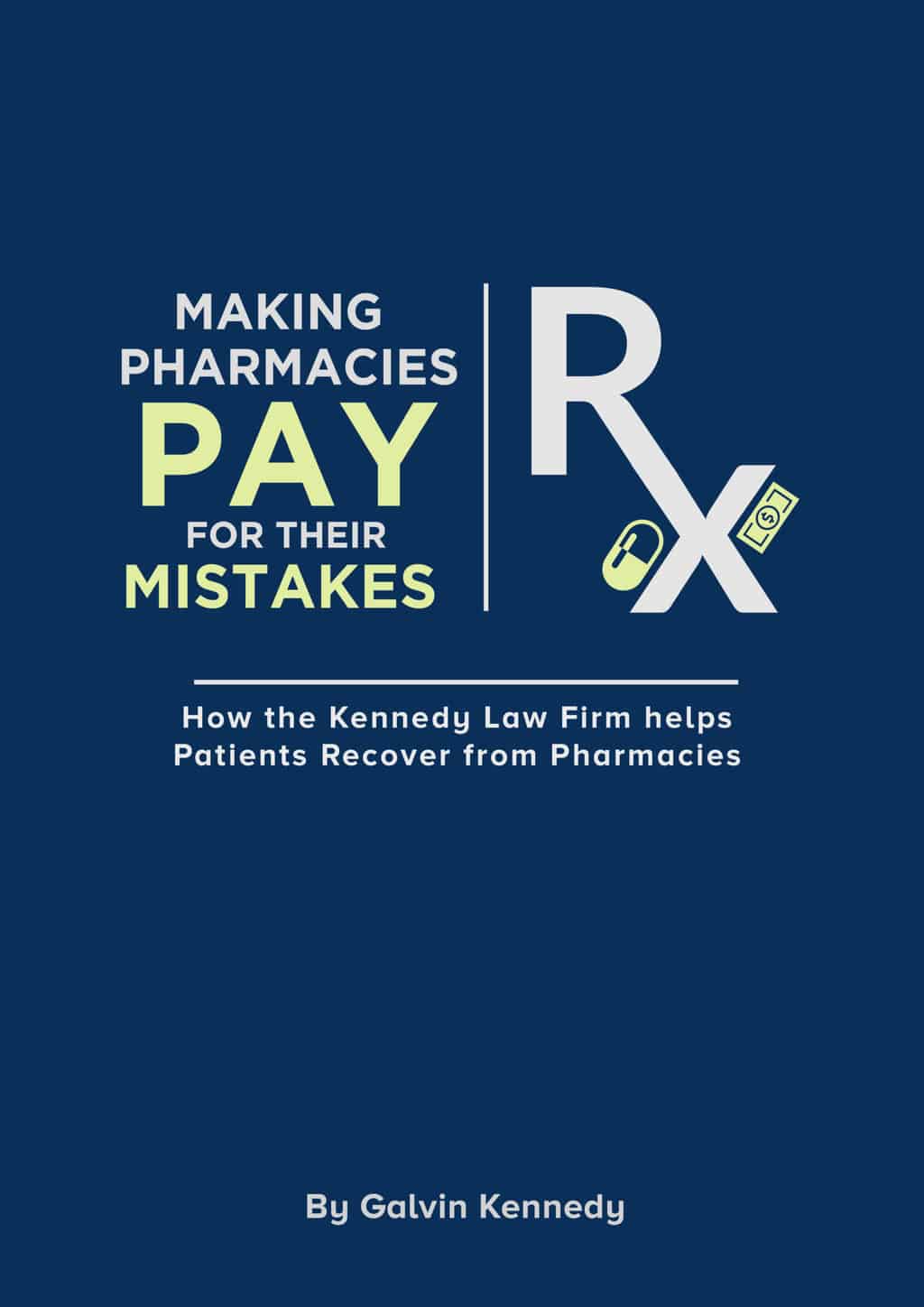The advancement of technology has introduced automation into various sectors, including healthcare. Pharmacy automation, which involves the use of technology to streamline medication dispensing processes, has the potential to improve efficiency and reduce errors. However, as with any technology, errors can still occur. Determining liability in cases of pharmacy automation errors is a complex matter that requires a thorough understanding of the roles and responsibilities of various parties.
Roles in Pharmacy Automation:
1. Pharmacists: Pharmacists oversee the automated dispensing process, ensuring that medications are accurately loaded into the system and that the automation technology functions as intended. They are responsible for verifying prescriptions and ensuring patient safety.
2. Technicians: Pharmacy technicians often play a key role in operating and maintaining the automated systems. Their responsibilities include loading medications into the machines, calibrating equipment, and addressing any technical issues.
3. Manufacturers: The companies that develop and manufacture pharmacy automation systems have a responsibility to create reliable and accurate technologies. If errors occur due to a design flaw or malfunction, manufacturers could potentially share liability.
Determining Liability:
Liability in cases of pharmacy automation errors can be complex to establish. Several factors need to be considered:
1. Negligence: Determining negligence involves evaluating whether any party involved in the automation process deviated from the standard of care expected in their role. This can include pharmacists, technicians, or even manufacturers.
2. Proximate Cause: The party's actions or inactions must be proven to have directly caused the error and the resulting harm. Establishing a clear link between the error and the patient's condition is crucial.
3. Standard of Care: The standard of care for pharmacy automation involves ensuring that the technology is properly maintained, calibrated, and used under the supervision of qualified professionals.
4. Contributing Factors: Human error, software glitches, and equipment malfunctions can all contribute to automation errors. Identifying the primary cause and whether other parties played a role is essential.
Seeking Legal Assistance:
If you or a loved one has been harmed due to a pharmacy automation error, navigating the complexities of liability requires legal expertise. Plaintiff's law firms specializing in medical malpractice cases can help evaluate the circumstances, identify responsible parties, and build a strong case.
In conclusion, pharmacy automation has the potential to improve medication dispensing processes, but errors can still occur. Determining liability involves assessing the actions of pharmacists, technicians, and manufacturers, and establishing a link between the error and the resulting harm. If you've experienced harm due to a pharmacy automation error, Kennedy Law Firm is here to support you. Contact us today for a free case review. We work on a contingency fee basis, and are not paid unless we obtain a successful recovery for you. By understanding the complexities of pharmacy automation and liability, you're taking a significant step toward seeking justice, accountability, and patient safety within the healthcare system.

Pharmacy errors can cause death or significant health concerns. If you think that you have been harmed due to a
Pharmacy negligence results in 1.5 million injuries to people in the US each year. These errors happen in the hospital
Pharmacists are required by law and by definition of their duties to provide specific care to their customers and patients
